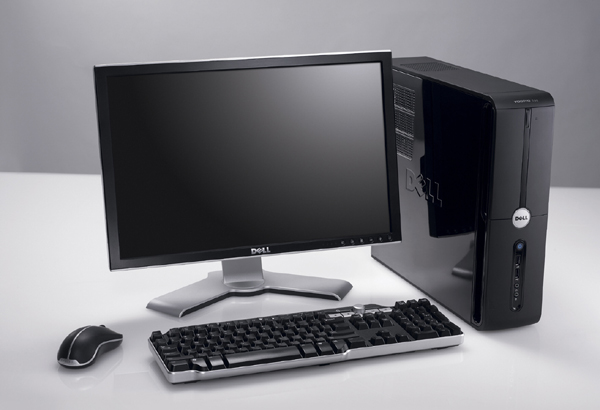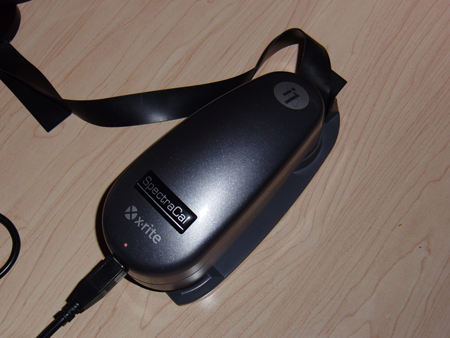Three-Way 23" LED LCD Roundup: Dell, HP, And Samsung
Our Benchmarking Approach
Evaluating monitors isn't straightforward. No doubt, processors and graphics cards are much easier to review. Often, before we even start talking about a specific display, any debate about specific evaluation criteria gets lost in the discussion about how color behaves. That's why we aren't going to use singular test patterns that we need to measure with our eyes.
As a result, we are going to rely on a more objective performance analysis by using a spectrophotometer and monitor calibration software. Specifically, we are using a Spectracal-certified i1Pro, Spectracal's CalMan (luminance and gamut measurements), X-Rite's i1Match (default state), and ColorEyes Pro (calibration) to examine specific aspects of a monitor's performance. This allows us to isolate specific traits, such as color space, luminance uniformity, and contrast ratios, without having to rely on subjective impressions. If you are unfamiliar with these terms, we'll explain the benchmarks as we start picking apart each monitor's performance characteristics.
If there are other benchmarks you'd like to see from a display roundup, let us know in this story's feedback thread. We'll try to accommodate your request in our next LCD roundup. In the meantime, our current set of benchmarks gives you a good idea of what to expect, whether you are gaming or just watching video on Hulu.
Get Tom's Hardware's best news and in-depth reviews, straight to your inbox.
Current page: Our Benchmarking Approach
Prev Page Size Profile Next Page Out-Of-Box Performance: Brightness And Contrast Ratio-
fstrthnu I'd actually rather see a 24 & 25.5" monitor shootout, they tend to be the higher-end displays of the brands (like Dell's super-duper Ultrasharp U2410).Reply -
Assmar A certain retailer has the samsung monitor listed for 280 with free shipping. If you don't live in CA, that's tax free, i'm pretty sure.Reply -
sleeper52 fstrthnuI'd actually rather see a 24 & 25.5" monitor shootout, they tend to be the higher-end displays of the brands (like Dell's super-duper Ultrasharp U2410).Reply
+1 I'd like to see that. HP LP2475w (rev 2.0) vs Dell U2410 (rev 2.0) vs ASUS PA246Q -
LuckyDucky7 Why would you bother buying one of these monitors when you can get an IPS one for the same price?Reply
How about reviewing something like the ASUS ML239H and give us a useful review, rather than going over which one of these junk TN panels is the best? 100% sRGB is useless if you can't see it unless you're straight inline with the screen (any sometimes not even then).
KTHXBAI

